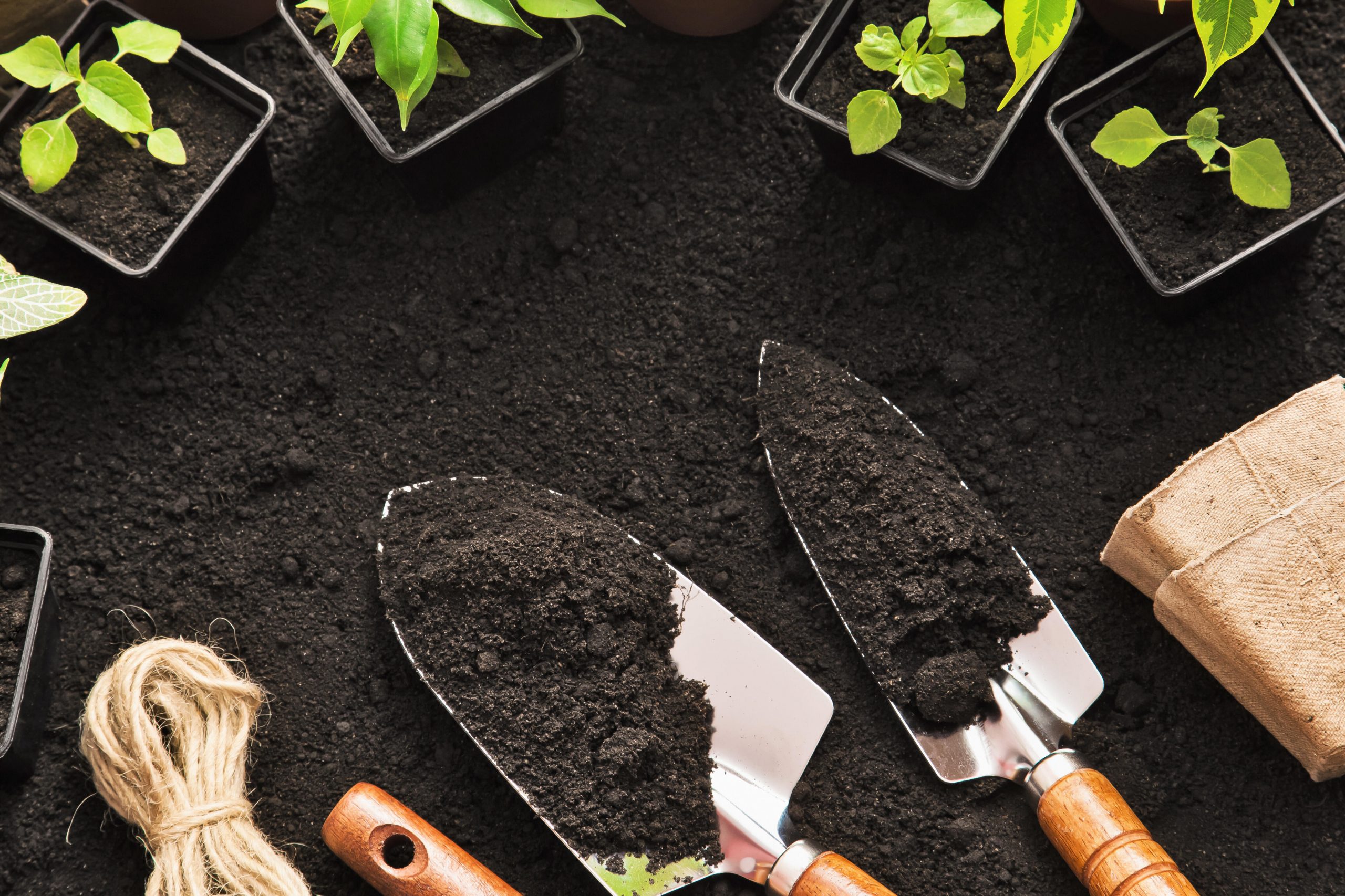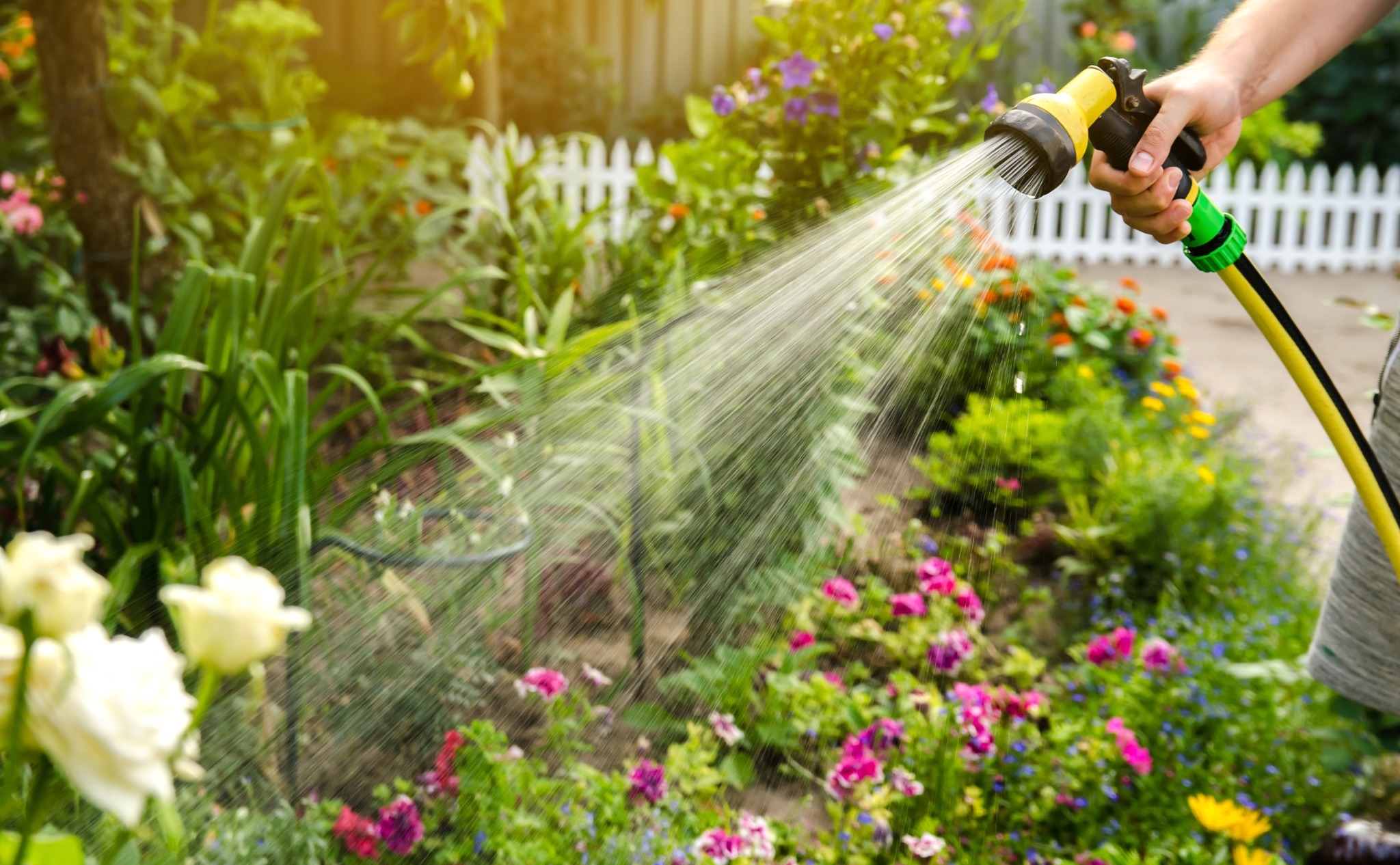Table of Contents
Eco-Friendly Spring Swaps: Simple Changes for a Greener Season
Spring is the perfect time to refresh your habits and your home, and it’s easier than ever to make eco-friendly choices without spending a fortune. With just a few simple swaps, you can reduce waste, lower your environmental impact, and even save money in the process. Find out how you can embrace a greener lifestyle this spring with budget-friendly, sustainable changes.

Swap Chemical Cleaners for Natural Alternatives
Spring cleaning doesn’t have to come with harsh chemicals. Store-bought cleaners often contain ingredients that are bad for both your health and the environment. Instead, opt for natural DIY cleaning solutions using household staples like white vinegar, baking soda, lemon juice, and essential oils. Not only are they safer, but they’re also much cheaper in the long run.
Try This: Mix vinegar, water, and a few drops of lemon essential oil in a spray bottle for an all-purpose cleaner that cuts through grease and leaves your home smelling fresh.
Ditch Paper Towels for Reusable Cloths
Paper towels are convenient, but they create a lot of waste—especially during deep cleaning sessions. Swapping them out for reusable microfiber cloths, old t-shirts, or cotton rags is a super easy and affordable eco upgrade. Just toss them in the wash after use, and they’re good to go again.
Bonus: Microfiber cloths are more effective than paper towels at picking up dust and grime.
Use a Clothesline or Drying Rack
As the weather warms up, take advantage of sunny days by air-drying your laundry. Dryers use a ton of energy, and switching to a clothesline or drying rack can cut your electric bill and carbon footprint. Plus, sunlight naturally disinfects and deodorizes your clothes.
Shop Local and In-Season at Farmers Markets
Spring brings fresh produce, and shopping locally supports small farmers while cutting down on emissions from transporting food long distances. In-season fruits and veggies are also cheaper and more flavorful. Bring your own reusable bags and containers to reduce plastic use while you shop.
Eco-Win: You can also reduce packaging waste and find options grown without synthetic pesticides or fertilizers.
Trade Single-Use Plastics for Reusables
Say goodbye to single-use plastics like sandwich bags, plastic wrap, and water bottles. There are tons of affordable reusable options that work just as well (or better):
- Silicone food storage bags
- Beeswax wraps for leftovers
- Glass or stainless steel water bottles
- Reusable coffee cups or tumblers
Start small—pick one area (like snacks or drinks) and make the switch there first.
Plant a Garden—Even a Small One
Growing your own herbs, veggies, or flowers is one of the most rewarding ways to live more sustainably. You don’t need a big yard either. A few pots on your porch or windowsill can provide fresh ingredients and cut down on plastic-wrapped store produce. Bonus: it’s therapeutic and fun to watch things grow.
Start With: Basil, mint, cherry tomatoes, and green onions—they’re easy, low-maintenance, and perfect for beginners.
Refresh Your Wardrobe the Sustainable Way
Instead of buying brand-new spring outfits, try shopping secondhand at thrift stores or online resale platforms. You’ll save money and keep clothes out of landfills. Host a clothing swap with friends or declutter your own closet and donate what you don’t wear.
Pro Tip: Choose quality over quantity and look for timeless pieces that can be worn in multiple ways.
Switch to Eco-Friendly Lawn and Garden Products
Skip the synthetic fertilizers and pesticides this season. These chemicals can harm local wildlife and waterways. Opt for natural alternatives like compost, mulch, and pest-repelling plants. Not only are they safer, but they’re also often cheaper—especially if you make your own compost from kitchen scraps.
Tip: Coffee grounds and eggshells make great free soil enhancers.
Cut Down on Water Waste
Spring is a time when many of us ramp up outdoor watering. Save water by installing a rain barrel to collect rainwater for your garden. You can also mulch your garden beds to retain moisture, water in the early morning or evening to reduce evaporation, and use a broom instead of a hose to clean your driveway.
Green Your Transportation Habits
With nicer weather, consider driving less and walking or biking more. Not only does it cut emissions, but it also saves on gas and keeps you active. If you need to drive, combine errands into one trip to reduce fuel usage. Public transit and carpooling are great options too, especially if you live in a city.
Parting Advice
You don’t need to make huge changes to live more sustainably—just a few mindful swaps can have a big impact. From cleaning and gardening to shopping and transportation, spring is the perfect season to start fresh with eco-friendly habits. Look into a few of these ideas and watch how small steps can lead to a greener, cleaner lifestyle.





